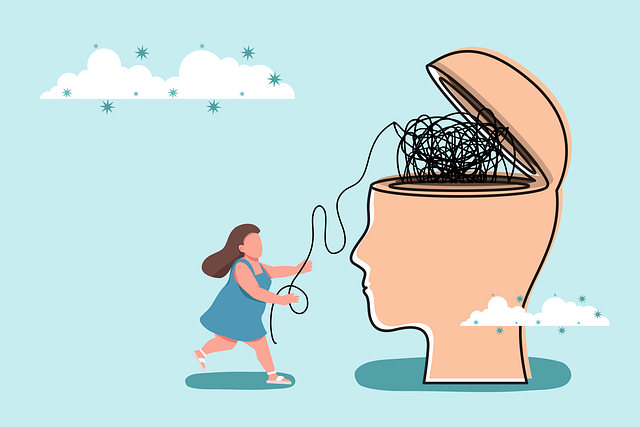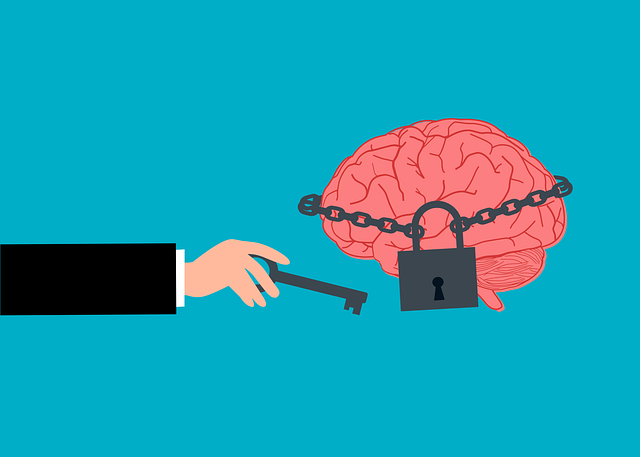Young children face significant stress from academic pressure, peer interactions, and life changes, which can lead to anxiety, depression, and behavioral issues if unaddressed. Crisis counseling offers a safe space for kids to express emotions, build empathy, and develop healthy coping mechanisms through tailored self-care practices. This approach fosters resilience and emotional intelligence, preparing them to manage stress as they age. Therapy, including crisis counseling, plays a crucial role in managing and preventing stress among young minds, enhancing their mental wellness and overall well-being.
Stress reduction is a vital aspect of holistic development, especially for young minds. This article explores effective methods to mitigate stress in children, focusing on crisis counseling as a powerful tool for managing acute situations. We delve into common stress reduction techniques, highlighting their benefits and application in various settings. Additionally, we discuss the role of therapy in fostering resilience and preventing long-term mental health issues in young children.
- Understanding Young Children's Stress and the Need for Crisis Counseling
- Common Stress Reduction Methods for Children: A Comprehensive Overview
- The Role of Therapy in Managing and Preventing Stress in Young Minds
- Implementing Effective Stress Management Strategies at Home and School
Understanding Young Children's Stress and the Need for Crisis Counseling

Young children, though seemingly resilient, can experience significant stress that impacts their mental wellness and overall development. Unlike adults, they may not have the cognitive ability to identify and express their feelings effectively, making it crucial for parents, caregivers, and educators to recognize signs of distress. Stress in children can stem from various sources, such as academic pressure, peer interactions, or major life changes like moving houses or losing a loved one. When left unaddressed, chronic stress can lead to long-term issues with anxiety, depression, and even behavioral problems.
Crisis counseling plays a vital role in supporting young individuals during challenging times. It offers a safe space for children to express their emotions, build empathy through effective communication, and develop healthy coping mechanisms. By incorporating therapy into their lives, children can learn self-care practices tailored to their needs. Crisis counselors help them navigate their feelings, fostering resilience and emotional intelligence, which are essential for managing stress as they grow older.
Common Stress Reduction Methods for Children: A Comprehensive Overview

Stress reduction methods tailored for children are gaining recognition as a vital tool to navigate their emotional landscapes and foster healthy development. For young individuals grappling with stress, crisis counseling emerges as a powerful approach. This therapy provides a safe space for children to express their feelings, concerns, and fears, enabling them to develop coping mechanisms that enhance resilience. Mental health professionals play a crucial role in implementing empathy-building strategies, which involve active listening, reflection, and validation of the child’s emotions.
One effective technique within crisis counseling is compassion cultivation—a process that encourages children to cultivate self-compassion and empathy for others. This involves teaching mindfulness practices, such as deep breathing exercises, body scans, and guided visualizations, which help children regulate their emotions and gain a sense of calm. Additionally, risk assessment is an integral part of the process, ensuring the safety and well-being of both the child and the therapist during challenging situations. By combining these methods, mental health professionals can effectively support young clients in managing stress, promoting emotional well-being, and fostering positive mental health outcomes.
The Role of Therapy in Managing and Preventing Stress in Young Minds

Therapy plays a pivotal role in managing and preventing stress among young minds. Young children often struggle to express their feelings verbally, making them susceptible to prolonged stress and anxiety. Therapy, especially crisis counseling, offers a safe space for them to process their emotions through play, art, or storytelling. This non-verbal approach helps young individuals work through traumatic events or stressful situations, fostering resilience and emotional intelligence from a tender age.
By integrating therapy into their routines, parents and caregivers can significantly contribute to the mental wellness of children. Mental health policy analysis and advocacy have led to increased awareness and accessibility to such services, recognizing the importance of early intervention. Journaling, exercise guidance, and compassion cultivation practices are complementary tools often incorporated into therapeutic sessions to enhance coping mechanisms and promote a sense of calm. These strategies not only aid in immediate stress reduction but also equip young minds with lifelong skills to navigate future challenges.
Implementing Effective Stress Management Strategies at Home and School

Implementing effective stress management strategies at home and school is essential for fostering mental health awareness among children. In educational institutions, teachers can play a pivotal role in promoting these practices by incorporating compassion cultivation techniques into their teaching methods. Such approaches, like mindfulness exercises, encourage students to develop emotional resilience and self-awareness, which are crucial tools in navigating life’s challenges.
At home, parents and caregivers can adopt similar strategies to support young children’s well-being. Therapy for young children suffering from stress or anxiety can be highly beneficial, offering specialized crisis counseling tailored to their needs. By teaching them mood management skills, such as deep breathing exercises or positive self-talk, adults can empower kids to handle stressful situations more effectively. These practices not only help in the present but also contribute to long-term mental health by fostering a deeper understanding and care for one’s emotional state.
In addressing young children’s stress, a multi-faceted approach combining crisis counseling, therapy, and proactive stress management strategies is essential. By integrating these methods at home and school, we can create supportive environments that foster resilience and healthy development in young minds. Understanding the unique needs of children and implementing evidence-based practices are key to mitigating stress and promoting overall well-being.














